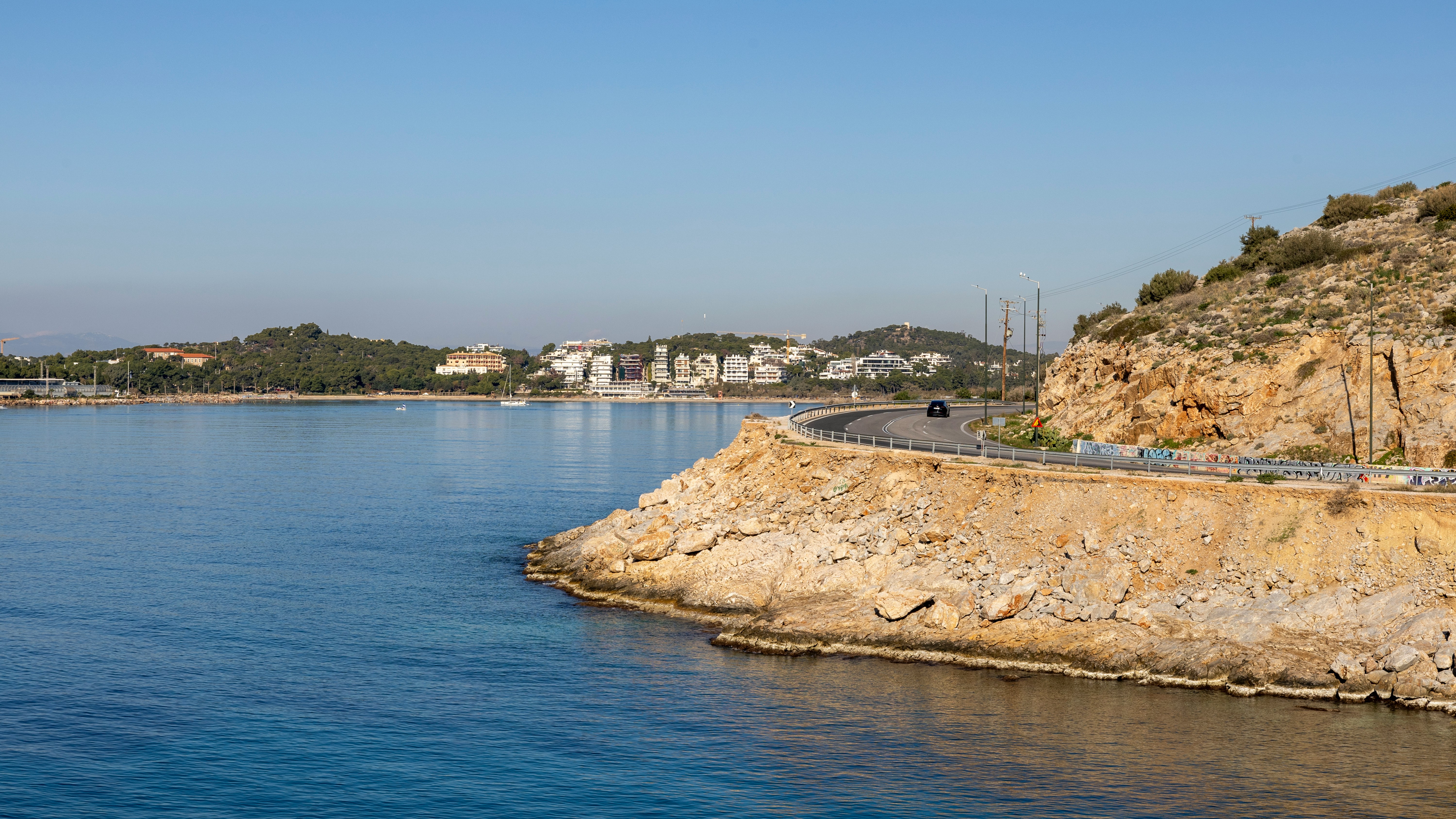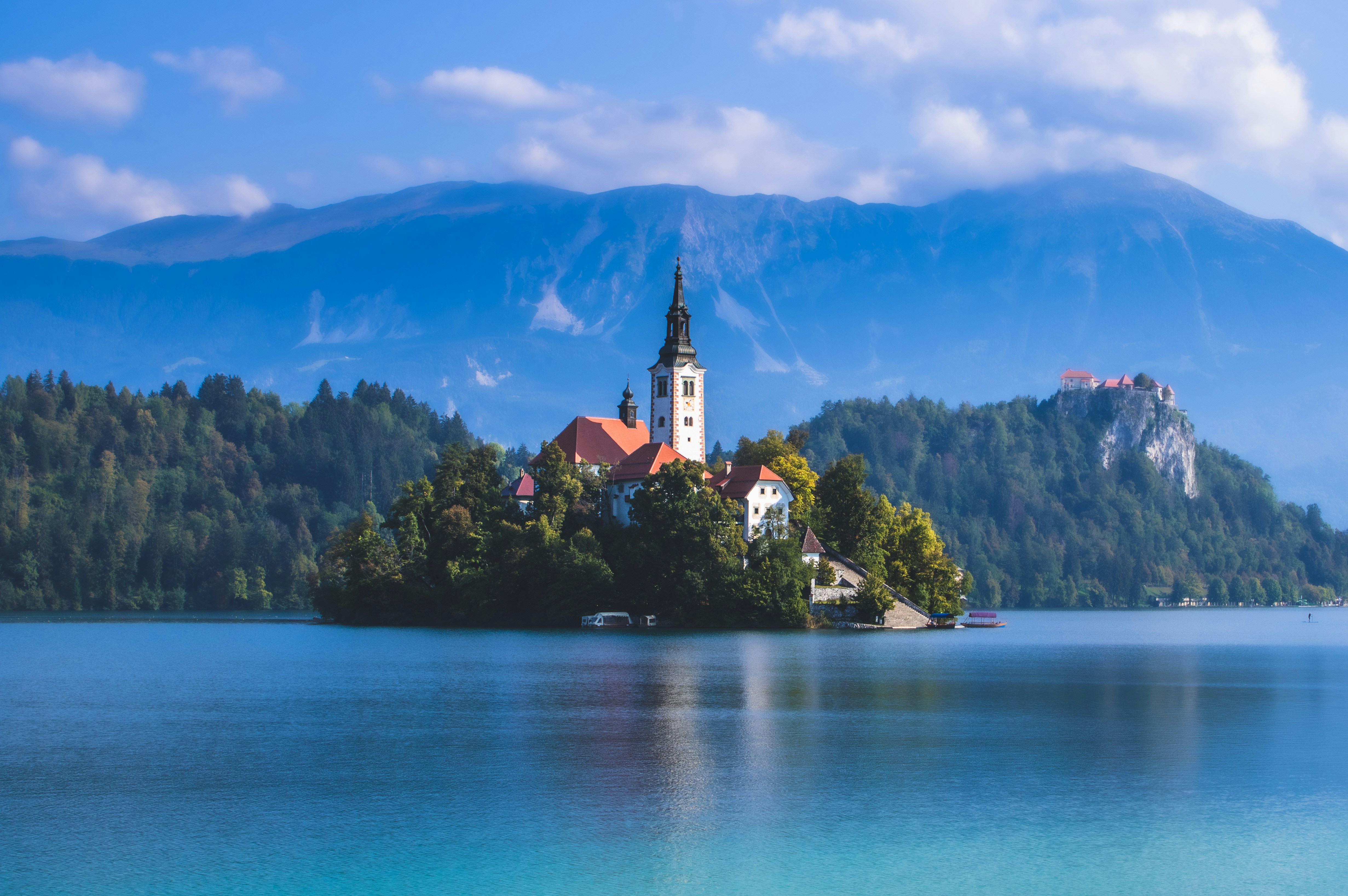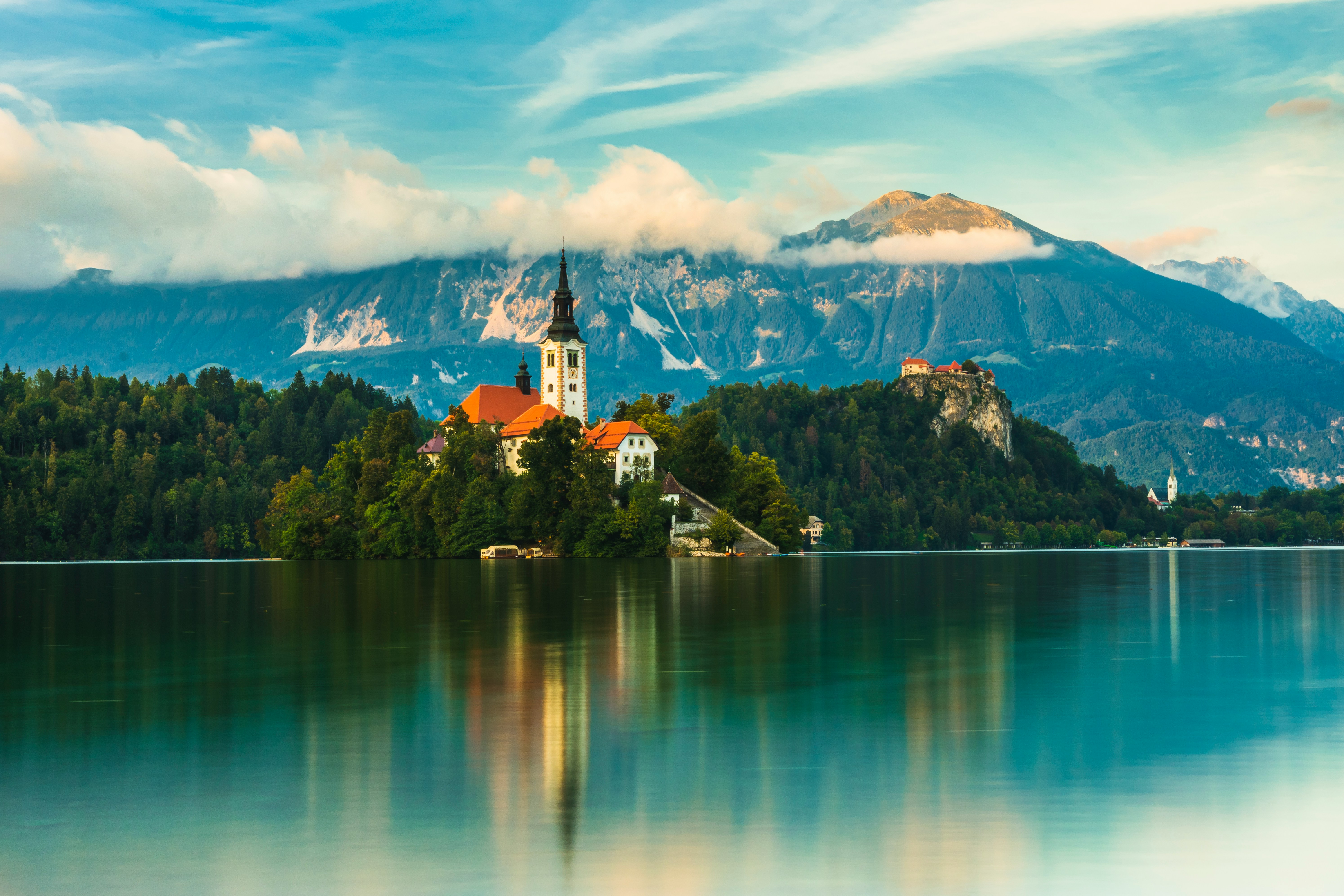Articles
04 November 2025
Skills Awareness - The Hidden Engine of Tourism Transformation
Articles
04 November 2025
Adventure tourism
Coastal, maritime and inland water tourism
Cultural tourism
+40 more
Login / create an account to be able to react
-
84

The November article, “Skills Awareness - The Hidden Engine of Tourism Transformation,” argues that Europe’s tourism transition depends less on designing new training and more on raising awareness of existing opportunities and future skill needs. Awareness acts as the missing link between policy, education, and business innovation - helping SMEs and workers connect sustainability and digitalisation with daily practice. The text highlights EU initiatives such as the Pact for Skills, the Next Tourism Generation Alliance, and the Transition Pathway for Tourism, which embed learning into governance and destination management. Case studies from Slovenia, Finland, and Portugal show how awareness drives measurable progress. The article concludes that Europe’s true advantage lies not in technology or regulation, but in an informed workforce able to recognise, acquire, and apply new competences to shape a sustainable and resilient tourism future.
Topics
Albania
Armenia
Austria
Belgium
Bosnia and Herzegovina
Bulgaria
Croatia
Cyprus
Czechia
Denmark
Estonia
EU-27
Finland
France
Georgia
Germany
Greece
Hungary
Iceland
Ireland
Italy
Kosovo
Latvia
Liechtenstein
Lithuania
Luxembourg
Malta
Moldova
Montenegro
Netherlands
North Macedonia
Norway
Poland
Portugal
Romania
Serbia
Slovakia
Slovenia
Spain
Sweden
Switzerland
Türkiye
Ukraine
Other
Academic / Research and VET Institutions
Business Support Organisation
Company with 250 or more employees
Cluster Organisations
Consumer Organisations
Cultural and Heritage Organisations
Destination Management & Marketing Organisations
EU Institutions
Financial Institutions and Investors
Industry Associations and Chambers of Commerce
International Organisations
Local Authorities
Media / Journalist Organisations
National authorities
Networks and Federations / Confederations
NGOs / Non-profits
Notified Bodies
Regional Authorities
SMEs (a company with less than 250 employees)
Social Economy Entity
Trade Unions
Other
-
Specific types of tourism
-
-
Adventure tourism
-
Coastal, maritime and inland water tourism
-
Cultural tourism
-
Ecotourism
-
Education tourism
-
Festival tourism
-
Gastronomy tourism
-
Health and medical tourism
-
MICE tourism
-
Mountain tourism
-
Religious tourism
-
Rural tourism
-
Sports tourism
-
Urban/city tourism
-
Wellness tourism
-
-
Transition Pathway Strategic Areas
-
-
Pact for skills
-
Skills needs for twin transition
-
-
Business activities
-
-
Activities of amusement parks and theme parks
-
Activities of associations and other organisations supporting tourism
-
Air passenger transport
-
Camping grounds, recreational vehicle parks and trailer parks
-
Events catering and other food services
-
Festivals, cultural and entertainment activities
-
Gardens and nature reserves activities
-
Holiday Housing / Apartments and other short stay accommodation
-
Hotel and similar accommodation
-
Mobile beverage services
-
Mobile food services
-
Museums
-
Operation of historical sites
-
Other
-
Other accommodation
-
Other amusement and recreation activities
-
Other food and beverage services
-
Other holiday reservation services
-
Other tourism transportation activities
-
Rail Passenger transport
-
Recreational and sport activities
-
Restaurants, cafes and bars (Food and Beverage serving activities)
-
Road passenger transport
-
Tour operator activities
-
Travel agency activities
-
Water (sea, coastal and inland) passenger transport
-
Share
Why Awareness Comes First
Tourism in Europe is undergoing structural change. The green and digital transition is reshaping not only how destinations operate, but also what skills determine success. Yet the speed of transformation has outpaced awareness. Thousands of small tourism businesses still do not know which competences will matter most in the coming decade or where to find support to develop them.
In 2025, as the Pact for Skills and the Transition Pathway for Tourism mature, the focus of EU action is shifting from designing training to ensuring that people and enterprises recognise their relevance. Awareness has become the silent precondition for every other reform: without it, even well-funded training frameworks risk remaining unused. Raising awareness is about helping Europe’s 22 million tourism workers see how sustainability, digitalisation, and innovation connect to their daily decisions - from waste management and customer communication to strategic planning.
From Skills Gap to Skills Awareness
The European tourism workforce is diverse, but often fragmented. Micro and small enterprises dominate the sector, while seasonal employment and high turnover limit long-term planning. This structure creates a persistent skills gap - not because training does not exist, but because awareness of future needs remains low and workers are unaware of, and have difficulty accessing, existing training opportunities.
Cedefop’s 2025 skills forecast points to strong demand growth in digital marketing, data analysis, circular business models, and sustainable mobility management. Yet many SMEs still prioritise short-term operational tasks over learning investments. Awareness, in this sense, means more than knowing what skills are needed: it is the ability to link those skills to competitiveness and resilience.
For example, understanding how digital tools can improve energy efficiency or how data analysis informs visitor management can turn awareness into a measurable business advantage. The same logic applies to inclusivity and accessibility - areas that combine ethical value with market opportunity. Awareness thus functions as a bridge between regulation and innovation: the moment enterprises perceive skills as drivers of value, transformation accelerates.
The EU Response - Making Skills Visible
The EU has recognised that low visibility of opportunities is one of the biggest barriers to reskilling. The European Skills Agenda and the Pact for Skills for Tourism now place awareness at the centre of their approach. By connecting businesses, workers, education providers, and local authorities, these frameworks ensure that information about learning opportunities circulates effectively.
Blueprint for Sectoral Cooperation on Skills - implemented through the Next Tourism Generation Alliance - created Europe’s first common competence framework for tourism. It outlines concrete profiles such as digital customer journey designer or sustainability manager, translating broad policy goals into clear learning paths. This framework is not just theoretical: it has been used by vocational institutions in Spain, Italy, and Croatia to design updated curricula.
EU-wide tools such as ESCO and Europass make skills visible and comparable, enabling workers to present qualifications consistently across borders. At project level, Tourbit helps SMEs assess their digital maturity and plan specific upgrades; DIGITOUR offers vouchers for digital innovation; and Tourban provides mentoring for circular economy solutions in urban destinations. Each of these initiatives begins with awareness: self-assessment, mapping, and recognition of knowledge gaps before training even starts.
The 2025 Transition Pathway for Tourism adds another layer - the creation of local and regional skills hubs. These hubs act as intermediaries, helping SMEs identify learning needs, matching them with local providers, and sharing good practices across destinations. Their pilot implementations in Austria, Portugal, and Greece already demonstrate how awareness can turn into structured cooperation.
Awareness in Practice - Destinations That Learn
Awareness can also be measured through how destinations embed learning into governance. Slovenia’s Green Scheme, for instance, links sustainability certification with employee training modules. Hotels and attractions that commit to the scheme must also report on staff engagement and continuous improvement. The result is not only environmental compliance but a trained workforce that understands the principles behind it.
Finland’s Sustainable Travel Finland programme integrates awareness modules on the circular economy, carbon measurement, and digital communication. Local entrepreneurs are guided through reflection exercises to identify which skills are missing in their teams. Awareness thus becomes a managerial process - part of strategic planning rather than a side project.
Portugal’s Turismo+ Academy takes a different route: combining national awareness campaigns with regional learning centres. Its “Skills for All” campaign reached over 60,000 tourism workers in 2024, translating policy language into accessible guidance. By promoting examples of digital transformation and low-carbon innovation, the Academy turns abstract ideas into relatable success stories.
These experiences reveal that destinations which make awareness part of their brand - by openly discussing progress, challenges, and learning - gain not only visibility but trust. They attract partners, talent, and investment, reinforcing the cycle of adaptation.
Challenges and the Way Forward
Despite the progress, significant gaps persist. Communication about training and funding opportunities is still fragmented, and not all regions have equal access to learning infrastructure. SMEs often lack time, staff, or digital literacy to search for relevant programmes.
To overcome these barriers, the EU and Member States are introducing flexible solutions. Micro-credentials allow workers to gain recognition for short learning experiences, while Erasmus+ mobility for vocational education supports exchanges between tourism schools and destinations. ESF+ funding, in turn, helps regional authorities build permanent skills partnerships involving DMOs, training providers, and business associations.
However, the real breakthrough will come when awareness becomes a governance principle, not a campaign. This means treating learning as a shared responsibility - embedded in destination management, policy design, and sustainability certification. Creating a “learning ecosystem” around tourism requires continuous dialogue and feedback loops between public and private actors. The more awareness is institutionalised, the less dependent it becomes on temporary projects
Awareness as Europe’s Competitive Advantage
Awareness is often invisible, yet it is the foundation upon which transformation stands. It links the skills agenda, sustainability goals, and innovation capacity of European tourism. Awareness is what turns frameworks into results - when people know what to learn, where to learn it, and why it matters, the system begins to evolve on its own.
As the EU develops the Tourism Data Space and expands the Pact for Skills, the ability of enterprises to recognise and articulate their learning needs will determine how fast the sector adapts. Destinations that cultivate awareness will be better positioned to integrate data, adopt AI-driven tools, and achieve net-zero objectives.
Europe’s advantage does not lie solely in technology or regulation. It lies in people - professionals aware of their potential, equipped to innovate, and willing to learn together. Building that awareness is not just a communication task; it is a strategic investment in the continent’s capacity to shape the tourism of tomorrow.
Comments (0)
Related content
See also
A Year of Transformation: Key Insights from the EU Tourism Transition Pathway in 2025
- Categories
- Coastal, maritime and inland water tourism Cultural tourism Ecotourism +64 more
European Tourism Day—shaping the tourism of tomorrow
- Categories
- Coastal, maritime and inland water tourism Cultural tourism Ecotourism +64 more
People of the Platform: putting skills, resilience and inclusion at the heart of tourism’s next chapter
- Categories
- Coastal, maritime and inland water tourism Cultural tourism Ecotourism +64 more







